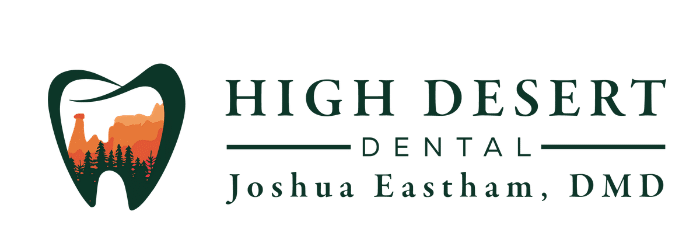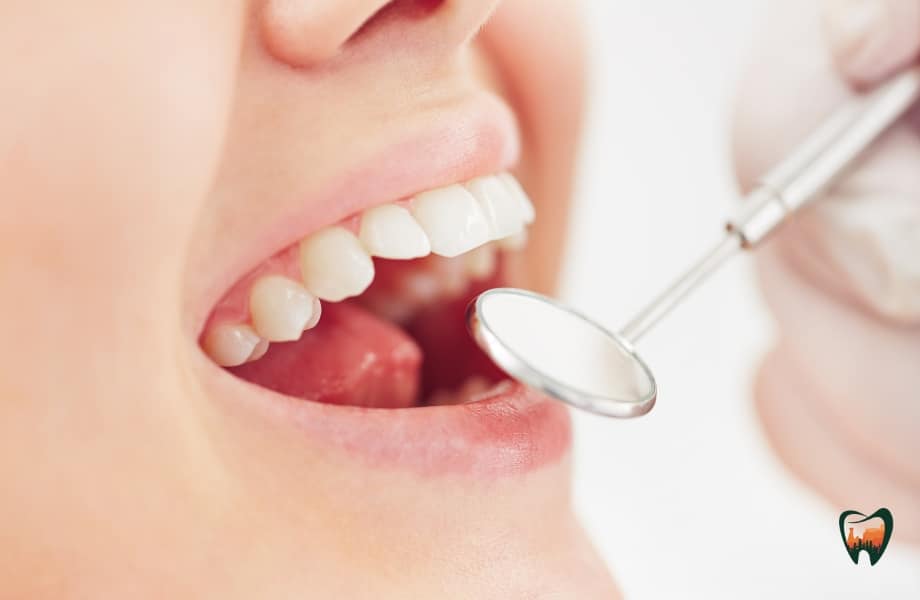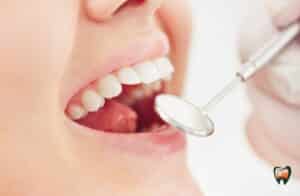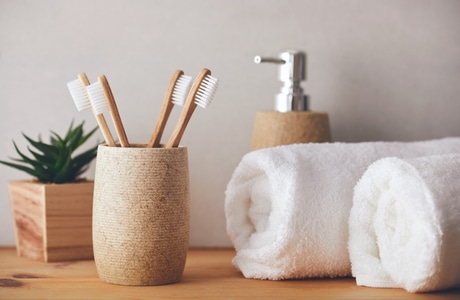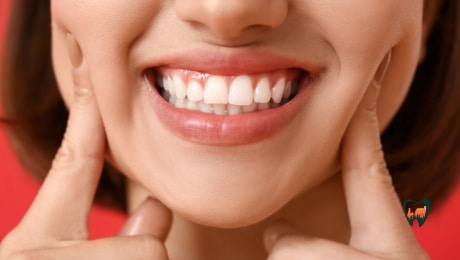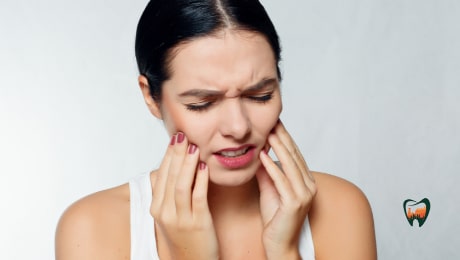What Not to Eat After Fluoride Varnish?

Avoid These Foods After Fluoride Varnish Application

Fluoride varnish, a type of dental treatment that helps prevent tooth decay and cavities, has become increasingly popular in recent years. It is a quick and painless procedure that involves applying a gel-like substance to the teeth, which hardens into a protective coating over time. While fluoride varnish offers numerous benefits, it is essential to know what not to eat after the application to get the most out of the treatment. In this blog post, we will discuss the foods you should avoid after fluoride varnish application.
Acidic Foods and Drinks
After fluoride varnish application, it is best to avoid consuming acidic foods and drinks such as oranges, lemons, grapefruit, pickles, tomatoes, and citrus juices. These types of foods and drinks are highly acidic, which can cause the varnish to break down, reducing its effectiveness.
Hard and Sticky Foods
Avoid consuming hard and sticky foods, such as candies, gum, popcorn, ice, and nuts, as they can cause the fluoride varnish to chip or peel away from the teeth. These types of food can also get stuck under or between your teeth, creating a breeding ground for bacteria.
Hot Beverages
It is best to avoid hot beverages such as tea and coffee after fluoride varnish treatment as they can cause the varnish to melt and affect its efficacy by washing away the coating. You should wait for at least 30 minutes after fluoride varnish application before consuming hot beverages.
Alcohol
Alcohol-based mouthwashes or mouth rinses should be avoided for at least six hours after fluoride varnish treatment, as they can interfere with the varnish’s effectiveness. Alcohol is a natural solvent, which can dissolve the varnish, reducing its performance.
Sugary Foods and Drinks
Sugary foods and drinks such as soda, sports drinks, and fruit juice should be avoided after fluoride varnish application. These types of food and drinks provide a breeding ground for bacteria, which can lead to tooth decay and cavities.
Contact Us Today!
Fluoride varnish is an excellent dental treatment to protect your teeth from cavities and tooth decay. However, knowing what not to eat after fluoride varnish application is essential to ensure that the treatment is effective. You should avoid acidic foods and drinks, hard and sticky foods, hot beverages, alcohol, and sugary foods and drinks for at least 30 minutes to six hours after fluoride varnish application, depending on your dentist’s advice. By doing so, you can maximize the benefits of fluoride varnish treatment and keep your teeth healthy and strong.
